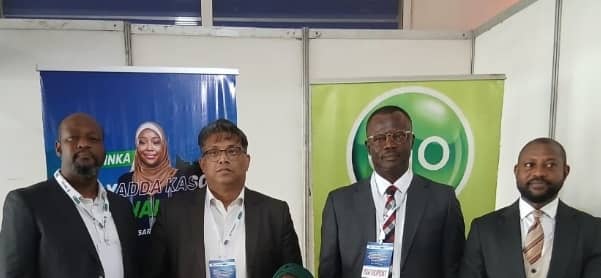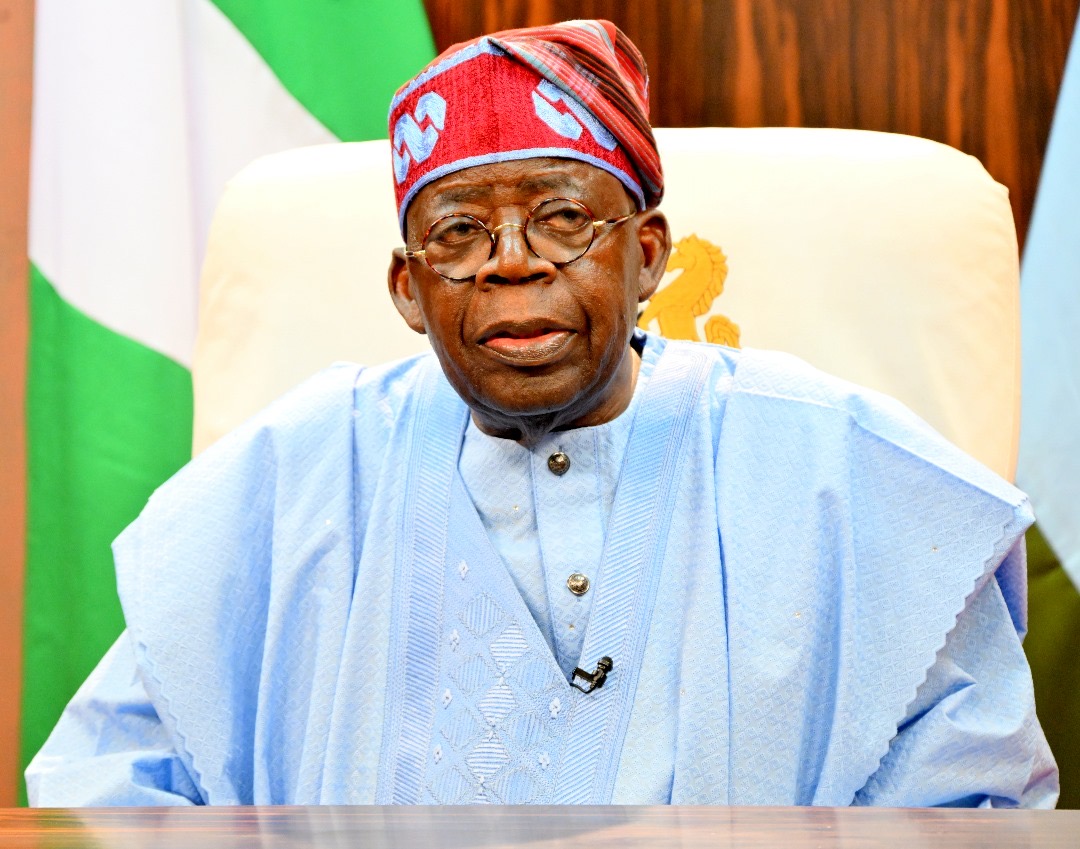Concerned by the massive outflow of foreign exchange from Nigeria through payments made by gaming companies to foreign technology and service providers, the National Office for Technology Acquisition and Promotion (NOTAP) has intensified efforts to communicate its new directives to operators, writes Nseobong Okon-Ekong
The National Office for Technology Acquisition and Promotion (NOTAP) has stepped up efforts to stem the outflow of foreign exchange from Nigeria through payments made by gaming operators to overseas technology service providers.
Concerned about the growing dependence of local operators on imported software and digital infrastructure, NOTAP stated that it is working to ensure technology transfer agreements in the gaming sector are structured to protect national interests and promote indigenous innovation.
Speaking at a stakeholders’ sensitisation workshop on the Registration of Gaming Technology Agreements (TTAs) facilitated by Azare Consulting Limited, the Director-General of NOTAP, Dr. Obiageli Amadiobi, who was represented by Mr. Victor Anih, Deputy Director, Technology Transfer Registration Department, disclosed that the agency has identified the gaming industry as one of the emerging sources of capital flight, with millions of dollars leaving the country annually as royalties, licence fees, and service charges.
“Our focus is not to hinder business growth but to ensure fair, transparent, and mutually beneficial technology partnerships,” the NOTAP DG said. “Nigeria must derive tangible value from every foreign technology agreement — in the form of knowledge transfer, local capacity development, and economic retention.”
Amadiobi explained that under the NOTAP Act, all foreign technology transfer agreements must be registered with the agency to ensure that such contracts are economically sound and legally defensible. She added that unregistered agreements often result in excessive payments abroad, undermining local technological advancement.
The sensitization workshop on Registration of Gaming Technology Agreements under the theme: Driving Compliance, Enabling Growth: Understanding NOTAP’s New Directives for the Gaming Sector restates that when there is an agreement between a Nigerian company and an Original Equipment Manufacturer (OEM), owners of the software, particularly if there is a support component in the agreement, the OEM must appoint a Nigerian company to help them provide the support, then the support fee is shared on a 60:40 ratio; with the Nigerian company taking 40 percent.
Industry analysts note that while the gaming sector has witnessed exponential growth, much of its back-end infrastructure, including payment gateways, odds management systems, and real-time analytics platforms, remains controlled by foreign companies. This dependence, they warn, could undermine the long-term sustainability of Nigeria’s gaming ecosystem.
Facilitator of the workshop, Azare Consulting, through its General Manager, Mr. Chibuzor Fagbule, introduced his company as the local Vendor approved by NOTAP TTAs to facilitate the registration of gaming company operators with NOTAP, provide compliance advisory services and ongoing support, as well as training for the domestication of technology and other services.
Participants at the workshop were mainly drawn from the sports betting sector, under its umbrella body, the Association of Nigerian Bookmakers (ANB), led by its Executive Secretary, Gift Tuadibofa. The urgent tasks for operators include reviewing existing agreements with foreign partners, identifying agreements that require NOTAP registration, engaging Azare Consulting to guide the compliance process, and incorporating TTA compliance into every new contract.
A heated debate over the obligation to Azare Consulting appeared to overshadow the advertised benefits of compliance, which include guaranteed access to the official CBN-approved forex window, legally protected contracts with foreign providers, strengthened trust with partners, and recognition for supporting local technology growth.
NOTAP is encouraging collaboration between domestic software developers and gaming operators, while promoting the use of indigenous technology solutions that meet global standards.
“We are engaging the gaming community to build confidence in local technology providers,” Amadiobi added. “This is part of a larger vision to deepen Nigeria’s digital economy, create jobs, and retain value that would otherwise flow abroad.”
Stakeholders have commended NOTAP’s initiative, describing it as timely and consistent with the federal government’s economic diversification agenda. They expressed optimism that the framework being developed by NOTAP will not only curb capital flight but also strengthen regulatory oversight and position Nigeria’s gaming industry for sustainable growth.


